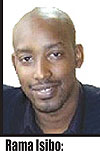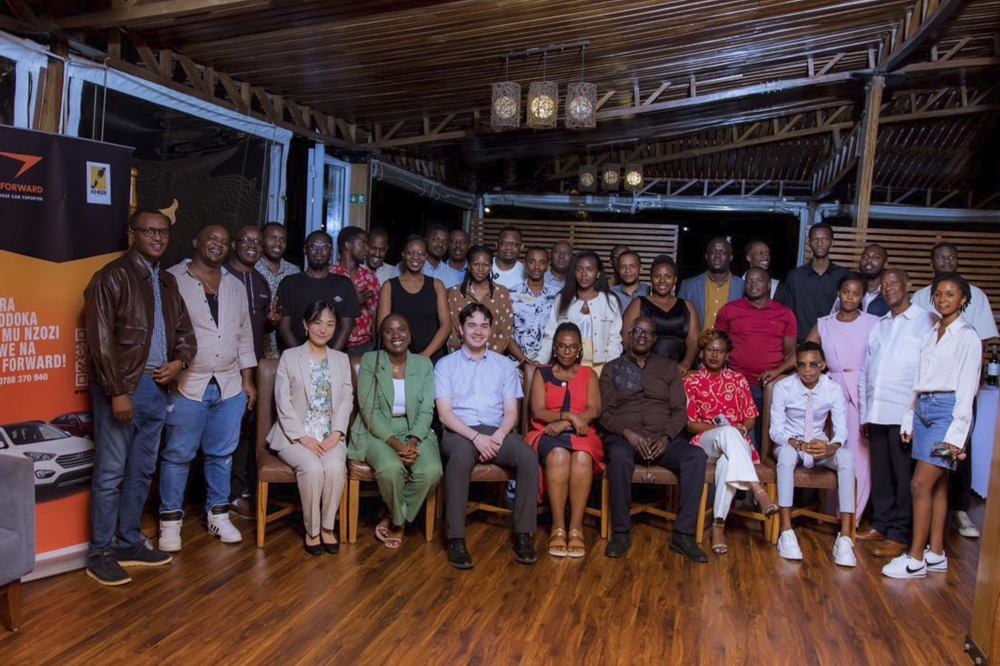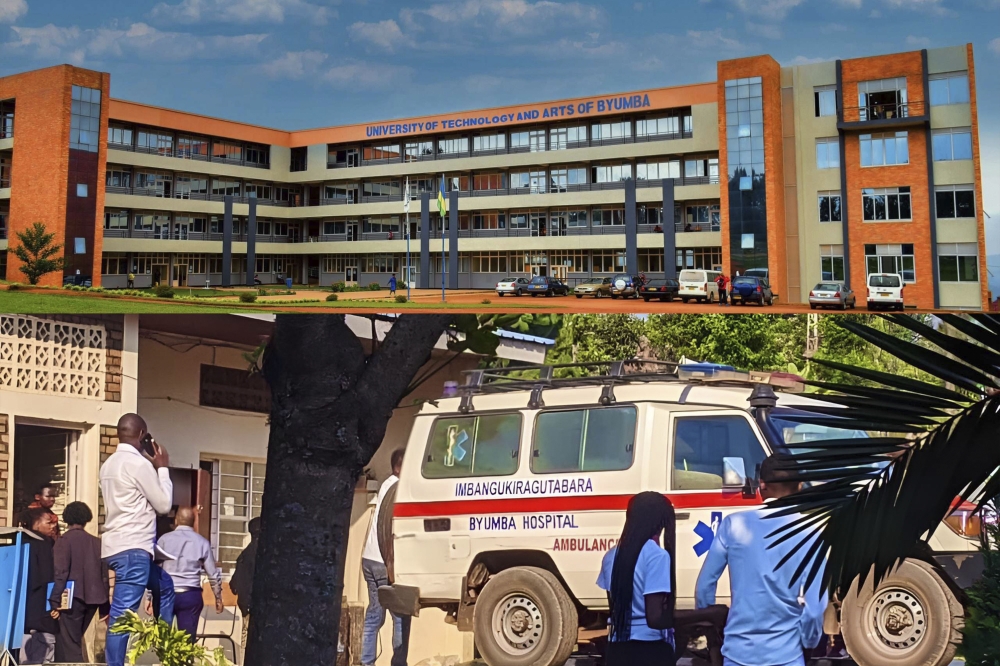It is amazing how parallel situations always arise to remind people how the shoe can be on the other foot. I remember when two newspapers were shut down in Rwanda, for endangering national security it was castigated by some.


It is amazing how parallel situations always arise to remind people how the shoe can be on the other foot. I remember when two newspapers were shut down in Rwanda, for endangering national security it was castigated by some.
Now, many of the same governments who called for freedom of information and freedom of the press are calling for the arrest and charging of Julian Assange, the founder of wikileaks. Wikileaks is a website that releases classified information regardless of how sensitive it is, or the consequences.
This situation is part of a wider debate about freedom of information, freedom of speech, and the right to know. A nation can have safe guidelines and parameters that are set over decades, then something like the internet comes along and blows those parameters out of the water.
The amount of information you can fit on a flashdisk can be dangerous to any government. Then the data can be stored online, without any direct location or jurisdiction. Then the other question is gatekeepers, we have historically relied on certain people to decide what is in the public’s best interest.
There is no gatekeeper any more, in fact there is no gate any more, you decide what information is relevant to you.
What has restricted the damage caused by wikileaks is the sheer volume of data, some 250,000 diplomatic cables to start with.
This information age has lead to more information released than ever, but more secrets are created than ever, more files are censored than before.
In 1996 only 5.7 million files were classified in the USA, last year it was 54.7 million files. That is due to the rise of electronic files as a main means of communication.
The truth is that we the public do not need to know everything, the question is whether we need to know particular pieces of information. In some respects many of the activities should be conducted openly, like diplomatic cables should take into account that like any electronic communications they can be leaked.
The effects of this scandal, if you can call it that, will be that people will be more careful about what they say, the bar of what constitutes a state secret has been massively lowered. Most of what has been leaked can be classed as merely embarrassing information and not state secrets.
The way the Western nations have been dealing with the matter is also suspect, because of freedom of press they cannot prosecute newspapers so they have gone for the source and tried to arrest Mr. Assange himself. The timing of the charges against Assange citing rape and sexual assault is too coincidental to be believed. If an African government charged a man in similar situation there would be an outcry and accusations of "shooting the messenger.”
The truth is that not all information is fit for public consumption, not everything is essential knowledge.
On a different note, this Christmas I am involved in a charity drive to collect clothes, please if you have any spare clothes to give to the needy then contact me by email, I will gladly collect them.




